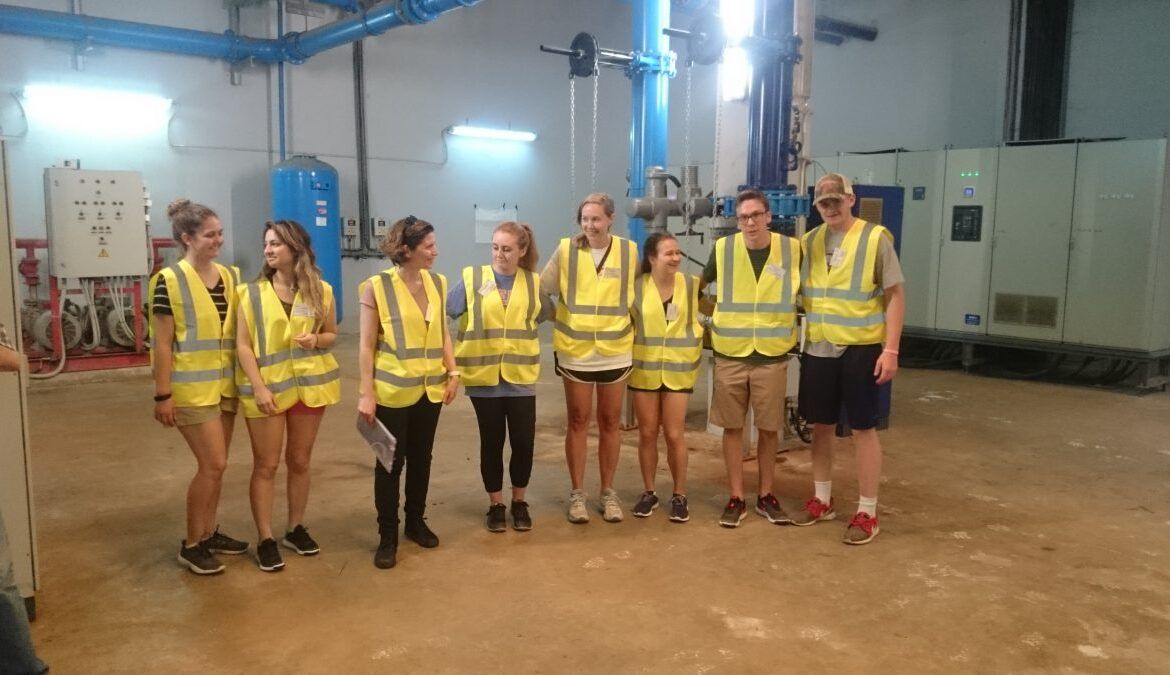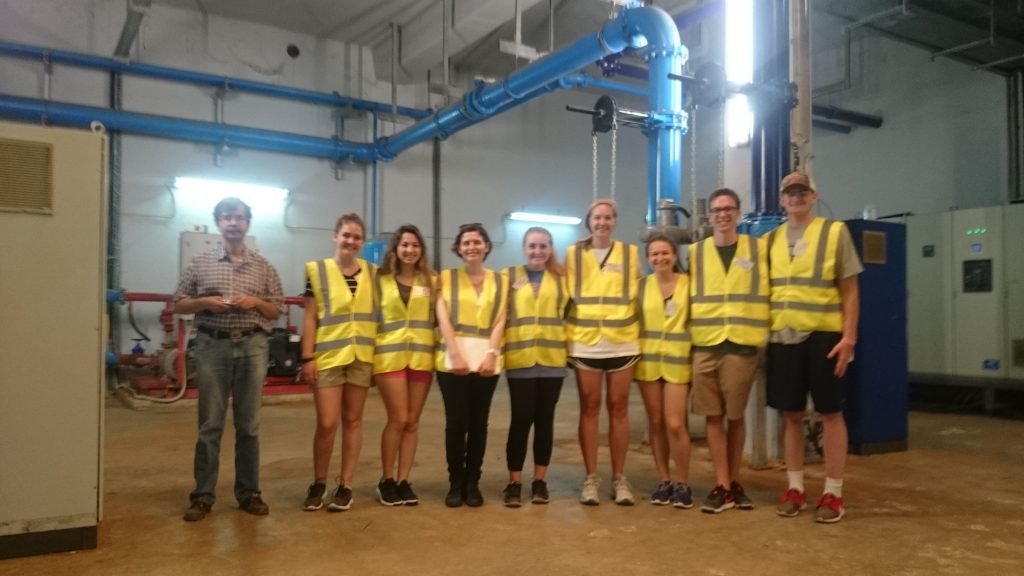
Exploring Sustainability, Culture & lifestyle in Greek Urban & Island Communities
Sustainability is an area of study that has increasingly gained importance and interest on a global scale, particularly as our planet evolves and natural resources, the environment, and climate changes impact our existence. So how can we interpret the concept of sustainability in the existing built space of communities and settlements of vastly different sizes and natural contexts?
This is the very question examined by Summer Session 1 CYA students as part of their course MS375 Sustainability Across Time and Spatial Scales in Greek Urban and Island Communities.
Using Athens and the Islands of Santorini, Thirasia, Folegandros and Hydra as their textbooks, students studied how human communities (or settlements) of different scales, from the past to the present, used architecture, infrastructure and the natural resources available, to sustain themselves juxtaposed and questioned in terms of their environmental, social and economic impact today.
[su_carousel source=”media: 2360,2361,2362,2363,2364,2365″ width=”520″ height=”320″ items=”2″ pages=”yes” speed=”700″]
The small islands of the Aegean present ideal case studies for this subject as they are situated in isolated environments with harsh conditions and scarce resources and their populations have managed not only to survive but to build close-knit communities with a unique culture. Students visited a dugout dwelling and a winery at the traditional settlement of Vothonas in Santorini, they explored the traditional settlement in Chora in Folegandros and met with inhabitants of the island, to discuss issues such as energy generation, water supply and waste management, landscape, transportation, food and the difficulties the people of the island face both during the winter and summer.
Within Athens, the study of urbanism focused on two large urban projects currently in process; The Cultural Complex at Faliron Delta and the Re-organization of Athens’ City Centre along the Axis of Panepistimiou Street. Course professor, Dr. Evangelia Chatzikonstantinou also took students on a class trip to Athens Wastewater Treatment Plant in Psyttalia, it is the second largest in Europe! Students learned about the sustainability efforts of Attica’s water company EΥΔΑΠ from one of their engineers, Mr. Nikolaos Tzouvaras, and how a critical, and often unknown, part of our daily life functions.







